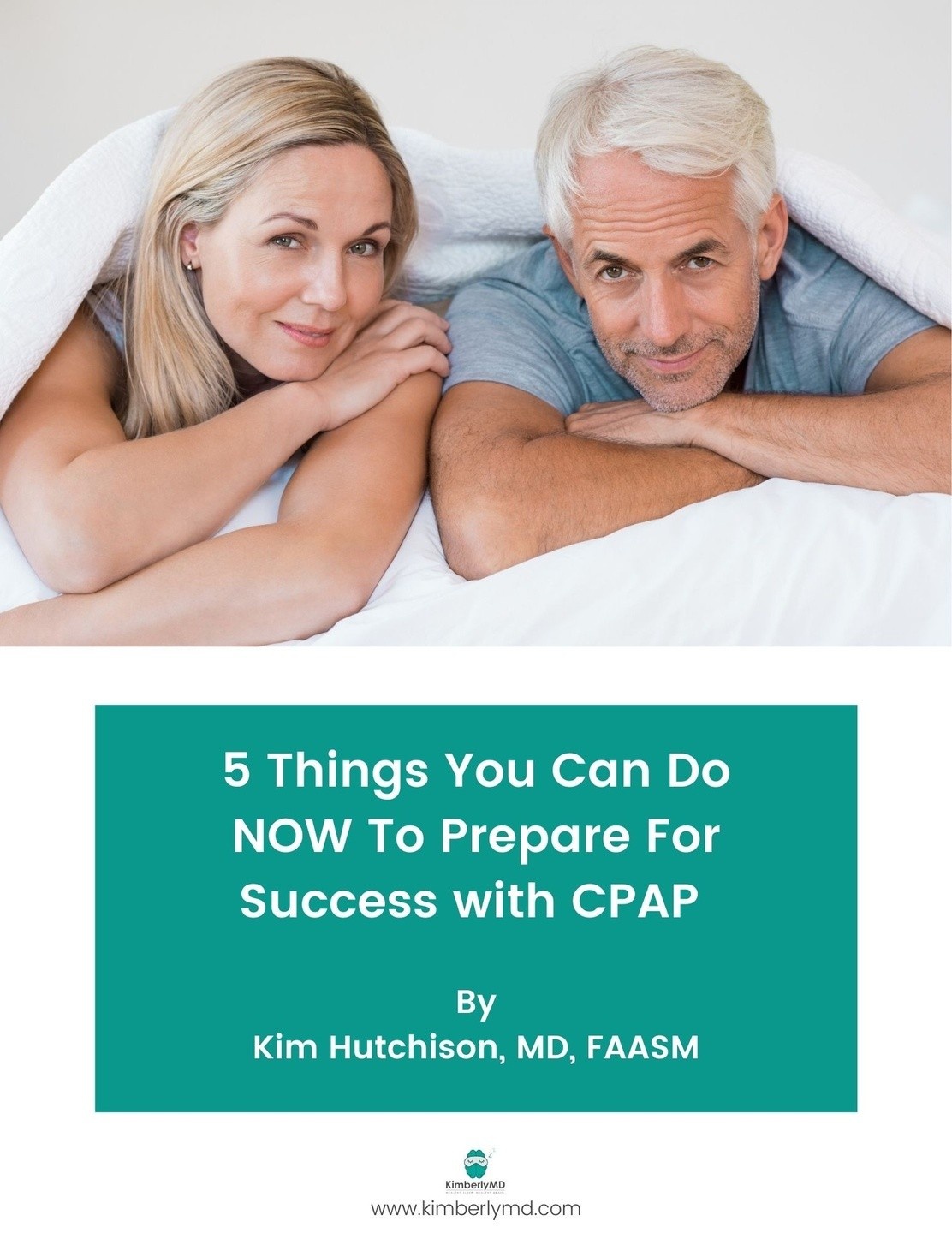Narcotics or opiates - which I will refer to as just “narcotics”, are commonly prescribed for pain relief. These include medications like oxycodone, Vicodin, Norco and Percocet, in addition to straight-up morphine, Dilaudid, Fentanyl and MS Contin, and to a lesser degree, Tramadol.
Narcotics are common in the treatment of post-operative pain, however, they are known to slow down breathing - something called “respiratory depression” - even at appropriate doses.
The presence of obstructive sleep apnea (OSA) increases the risk of opioid-induced respiratory depression.
This can lead to an increase in obstructive events by increasing sedation and cause a different type of event - central sleep apnea - and what your CPAP machine reads as "clear airway" events.
The potential result? An unexpected spike in your morning AHI (Apnea-Hypopnea Index) numbers. And just as a refresher, with treated sleep apnea, we aim for an AHI of 5 or below.
Your CPAP numbers can help to monitor the effect of your pain medication on your sleep apnea and the effectiveness of your CPAP in treating sleep apnea.
If you use an oral appliance, you can monitor for worsening sleep apnea with a Snore App or certain sleep trackers that have the ability to (imperfectly) measure oxygen levels.
Three Tips For Optimal Sleep Health while taking narcotic pain medication:
- Open Communication: Always discuss with your doctor if you believe the narcotics might be affecting your sleep. If you've been noticing an unusual rise in your morning AHI after starting on pain medication, it's essential to inform your provider, as adjustments in your machine settings may help.
- Use the lowest dose of narcotic needed to treat your pain, and discuss alternatives for night time pain relief with your doctor. Medications like tylenol, non-steroidal anti-inflammatory medications such as naproxen or ibuprofen, or nerve pain medications like gabapentin can all help decrease pain during sleep. So talk with your provider about which ones may be options for you. Avoid long daytime naps. After a procedure, it might be tempting to sleep during the day. But remember, short, 20-minute naps are more beneficial and can help maintain a healthy sleep cycle.
- Avoiding long daytime naps (meaning longer than about 45 minutes) will increase your sleep drive at night and make uninterrupted sleep more likely. So set an alarm and keep those naps short.
Thanks for being here, I’ll see you next week!



